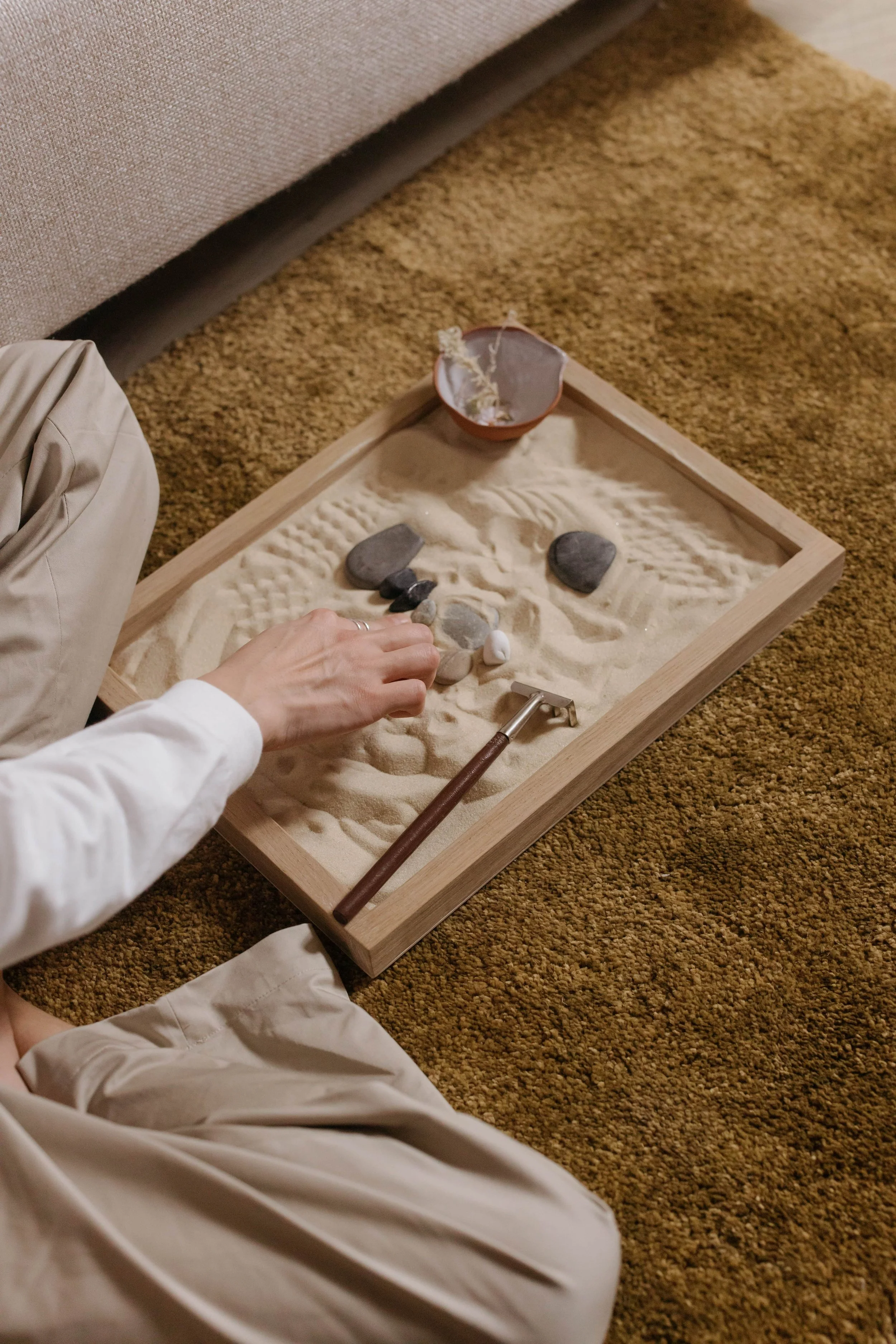Recreational therapy plays a vital role in promoting mental health and overall well-being. By incorporating various recreational activities into therapy sessions, individuals can experience a range of benefits that greatly contribute to their mental wellness.
One of the primary advantages of recreational therapy is its ability to reduce stress and anxiety. Engaging in recreational activities such as sports, art, music, and outdoor adventures allows individuals to escape from their daily stressors and immerse themselves in an enjoyable and therapeutic environment. This can bring about a sense of relaxation, calmness, and the release of endorphins, which can significantly reduce feelings of anxiety and tension.
Furthermore, recreational therapy provides individuals with opportunities for social interaction and connection. Many mental health conditions can lead to isolation and a sense of detachment. However, participating in recreational activities that encourage group involvement allows individuals to build relationships, develop interpersonal skills, and create a support system. Connecting with others who share similar interests and struggles can foster a sense of belonging and reduce feelings of loneliness.
In addition to stress reduction and social interaction, recreational therapy also enhances emotional well-being. Engaging in creative pursuits such as art therapy can provide an outlet for self-expression, allowing individuals to explore their thoughts, feelings, and emotions in a healthy and non-judgmental space. Through this process, individuals can gain insight into their own emotional struggles, develop coping mechanisms, and experience a sense of empowerment by mastering new skills.
Furthermore, recreational therapy promotes physical health, which is closely linked to mental well-being. Physical activity has been proven to increase the release of endorphins, self-confidence, and overall mood. By incorporating exercise and movement into therapy sessions, individuals can experience improved self-esteem, reduced symptoms of depression, and enhanced cognitive abilities.
Overall, recreational therapy is an essential component of mental health treatment. Through engaging in recreational activities, individuals can not only develop new skills and hobbies but also experience various psychological, emotional, and social benefits. By incorporating recreational therapy into treatment plans, mental health professionals can provide a well-rounded and holistic approach to healing, enhancing the overall well-being of their clients.

